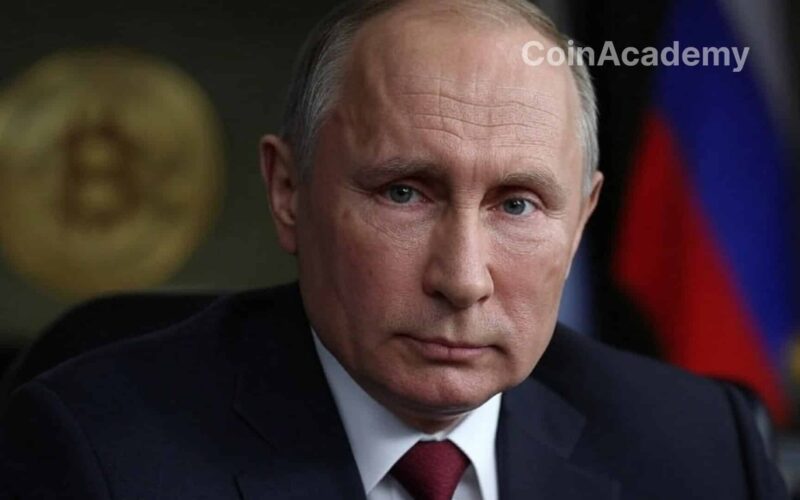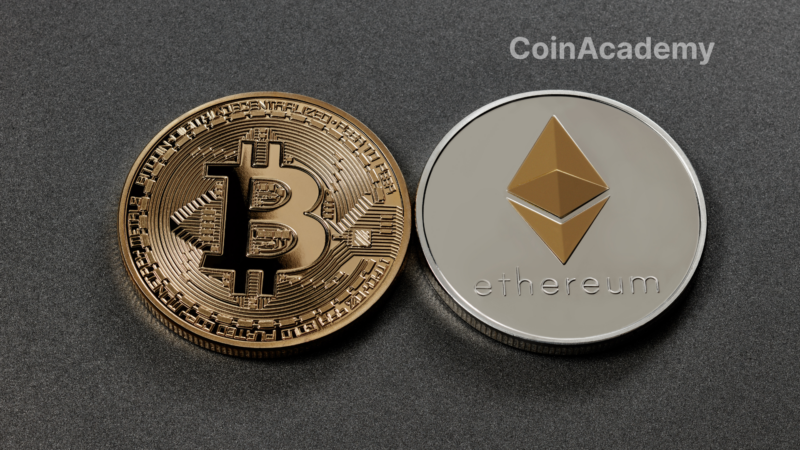Using Cryptocurrency to Circumvent Sanctions: Russia’s Strategic Move
Russia is increasingly turning to cryptocurrencies like Bitcoin, Ethereum, and USDT to bypass Western sanctions on oil trade, facilitating exchanges with China and India. In December, a law was passed authorizing international crypto payments in response to banking restrictions imposed by the US and Europe following the invasion of Ukraine. Russia is following in the footsteps of Iran and Venezuela by harnessing crypto for its exports while developing a regulatory framework that includes taxation, mining, and a digital ruble.
The Crypto: A Strategic Leverage to Bypass Sanctions?
Russia has intensified the use of cryptocurrencies in its oil trade with China and India to evade Western sanctions. According to anonymous sources cited by Reuters, this practice still represents a modest share of the country’s $192 billion annual oil trade, but it is steadily growing.
Easing Legislation for International Payments
This shift towards cryptocurrencies is a result of legislative adjustments made in December. Russian Finance Minister Anton Siluanov confirmed that Russia now allows their use for international payments to counter Western financial restrictions. Sanctions following the invasion of Ukraine have severely disrupted Russian trade, making it more difficult to access international banking systems. Chinese and Indian banks, fearing American and European retaliation, impose strict restrictions on transactions with Russia, pushing the country to explore alternatives like cryptocurrencies.
A Model Inspired by Iran and Venezuela
Russia is not the first to exploit cryptocurrencies to circumvent international sanctions. Iran has adopted a similar strategy, relying on Bitcoin to keep a portion of its energy trade outside the traditional banking system. The Venezuela, facing new US sanctions since last year, has also turned to digital payments for its oil exports. Moscow sees this trend as an opportunity to minimize the impact of Western economic restrictions. Russian official Anton Gorelkin recently stated that sanctions will never be able to fully prevent the use of cryptocurrencies, highlighting their essential role in circumventing financial bans.
A Progressive Opening of the Crypto Market in Russia
Although Russia has historically had an ambivalent stance towards cryptocurrencies, several recent initiatives indicate a gradual shift towards greater recognition of the sector. In parallel, an experimental project was launched by the Russian Central Bank this week to allow qualified investors – those with at least 100 million rubles in financial assets – to trade cryptocurrencies more easily. However, the Central Bank continues to refuse their recognition as an official means of payment.
Mining and Digital Ruble: A Changing Crypto Ecosystem
Russia has also legalized crypto mining, providing a regulatory framework for miners while requiring registration with the government. While some regions in the country have restricted or banned this activity due to its high energy consumption, the mining industry remains strategic for the Russian economy. Finally, Moscow is actively testing the digital ruble, a central bank digital currency (CBDC) that is planned to be gradually deployed this year. This initiative aims to offer a more controlled alternative to decentralized cryptocurrencies while facilitating cross-border transactions.




